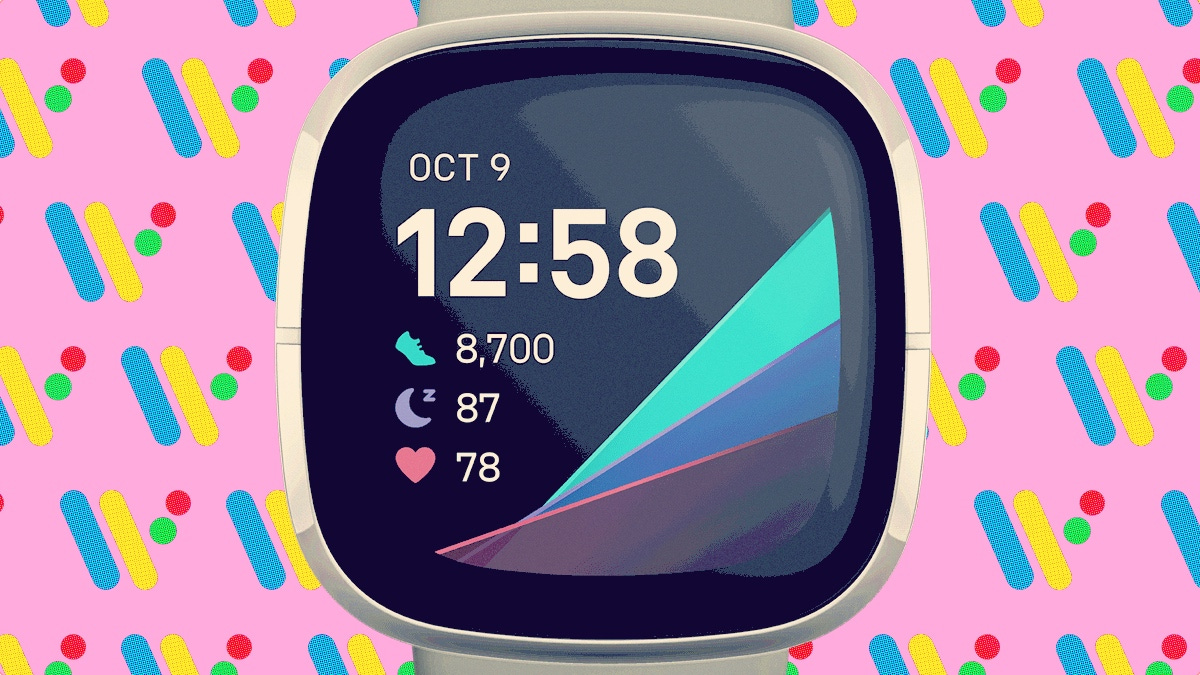Fitbit, as we know it, is dead
Read to the end for Vision Pro verdicts and how Garmin is taking aim at Apple
When Google’s deal to buy Fitbit was finally given the go-ahead in 2021, the company’s ever-present VP Rick Osterloh said the acquisition was “about devices, not data”.
Three years on, with plenty of new Fitbit smartwatches and trackers in tow and integration with the Pixel Watch maturing, it’s hard to argue Google hasn’t stayed true to the core of that …
Keep reading with a 7-day free trial
Subscribe to PULSE by Wareable to keep reading this post and get 7 days of free access to the full post archives.



